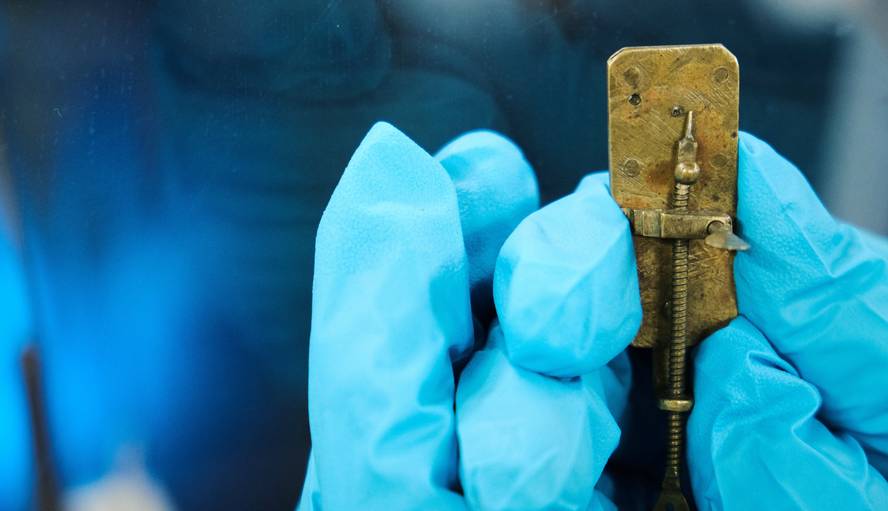Leeuwenhoek's Revolutionary Microscopes Unveil Secret
Anton van Leeuwenhoe began to see things they had never seen in the 17th century. In the 20th century, thanks to its microscopes. The microscopes of the time obtained 30 increases, while Leeuwenhoek got more than 200. The secret was in the lenses, a secret that has remained until today. In the hometown of Leeuwenhoek, at Delft University of Technology (Holland), researchers have just clarified how he made the lenses.
He made about five hundred microscopes, in fact very basic: very small glass lenses, the smaller the better, inserted into a sheet of brass, copper or silver. There was no lens light if it was made with polished or blown glass. Leeuwenhoek himself never suggested that he invented a new technique to work the glass blowing. However, he seems to try to keep the secret better.
Delft researchers analyze a Leeuwenhoek microscope using neutron tomography. Thanks to this latest technology, they have been able to analyze the formation of their lens without destroying or damaging the microscope. And they have discovered that Leeuwenhoe was a great glass polisher. Now they want to know if I used some kind of special glass. You will soon discover it through gamma spectroscopy.






